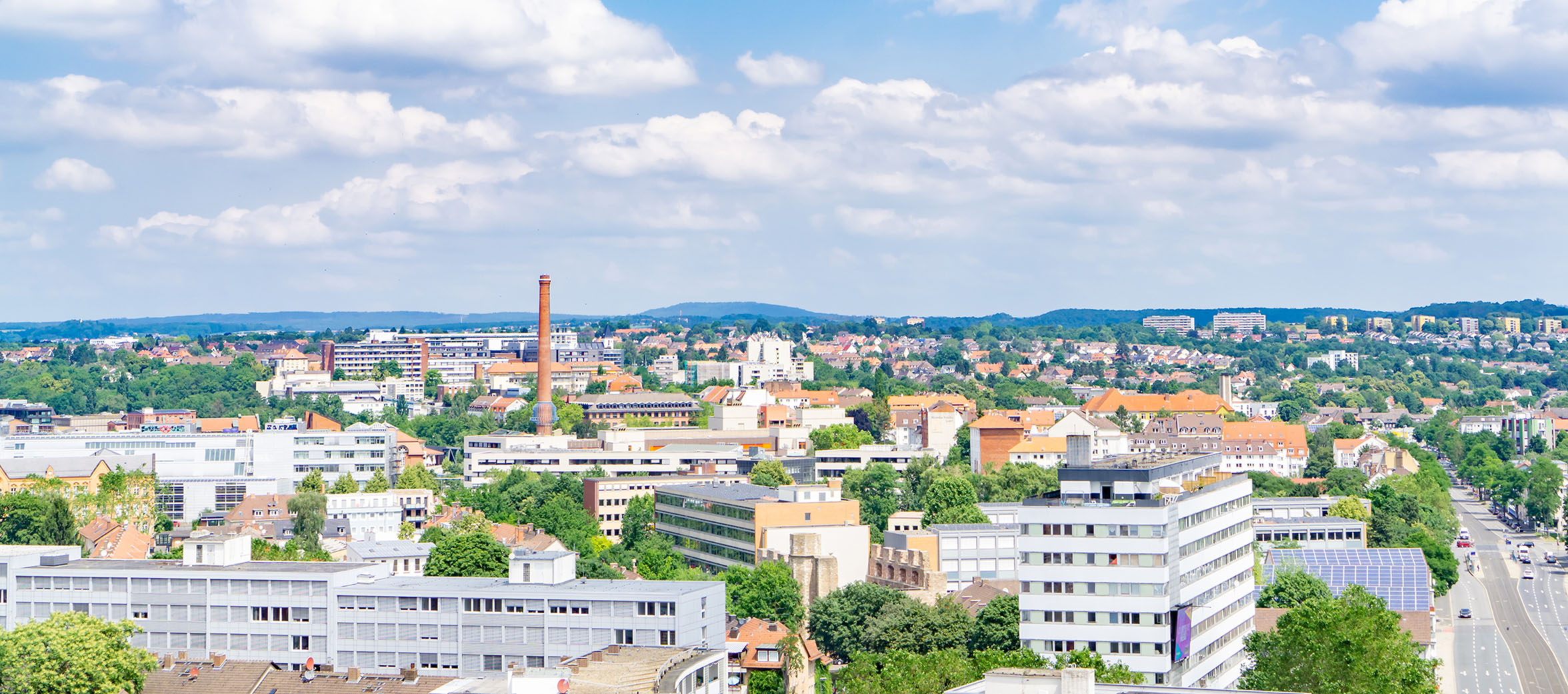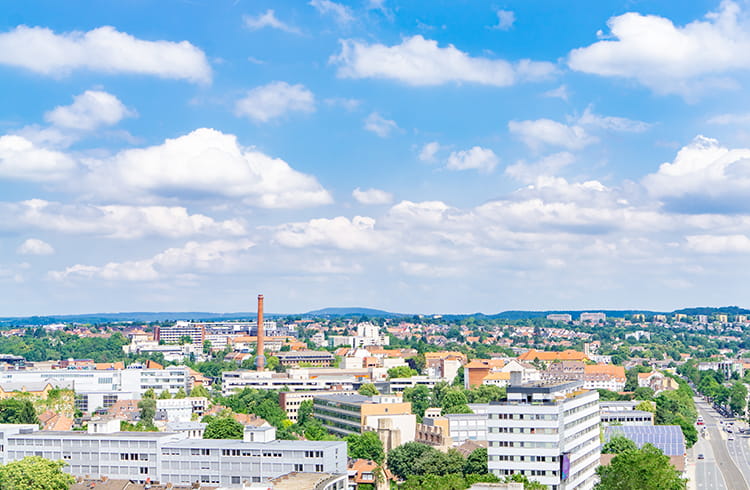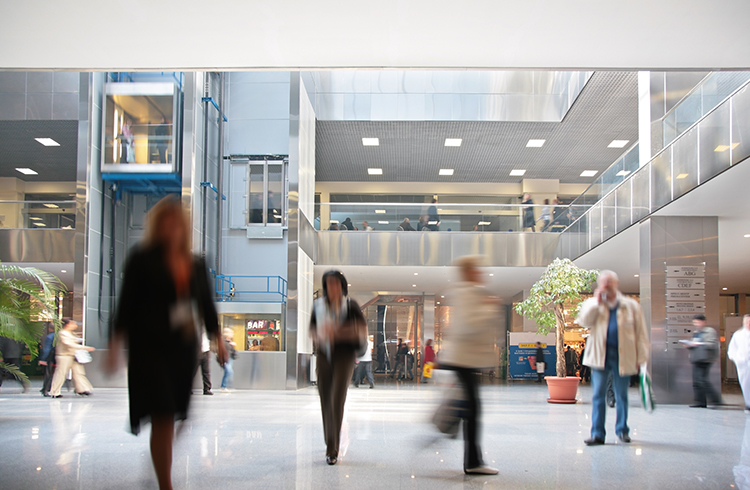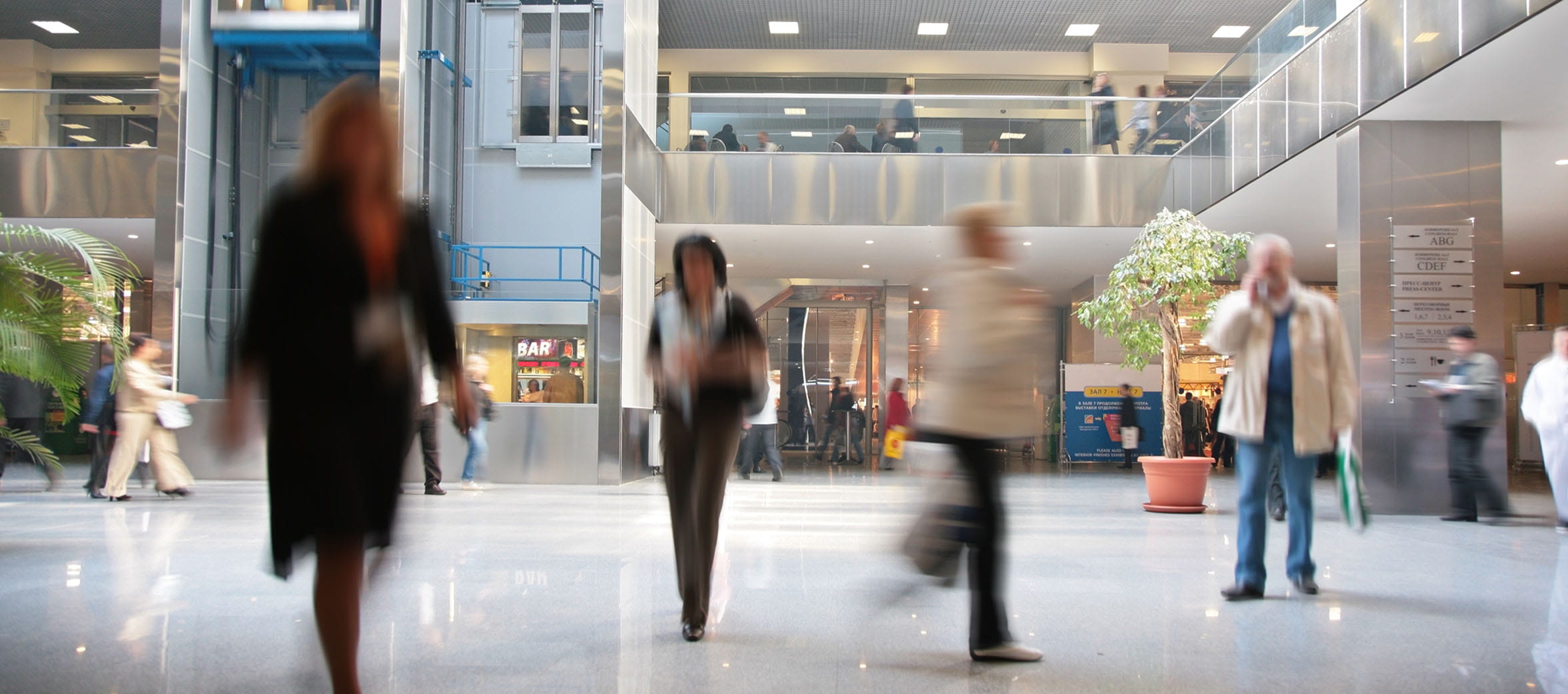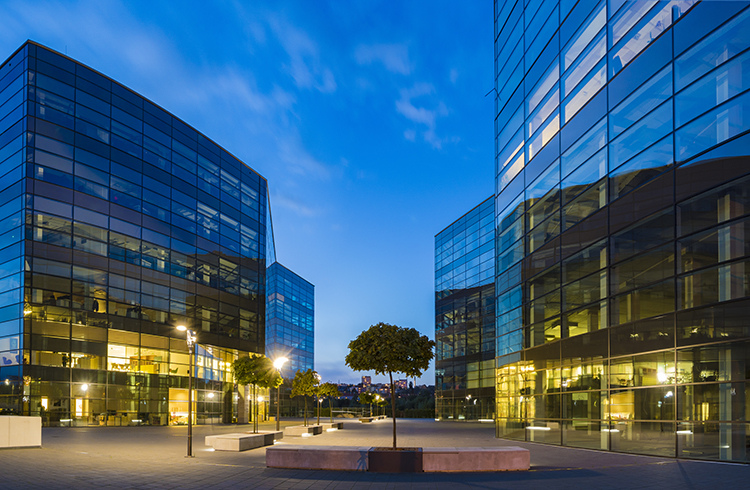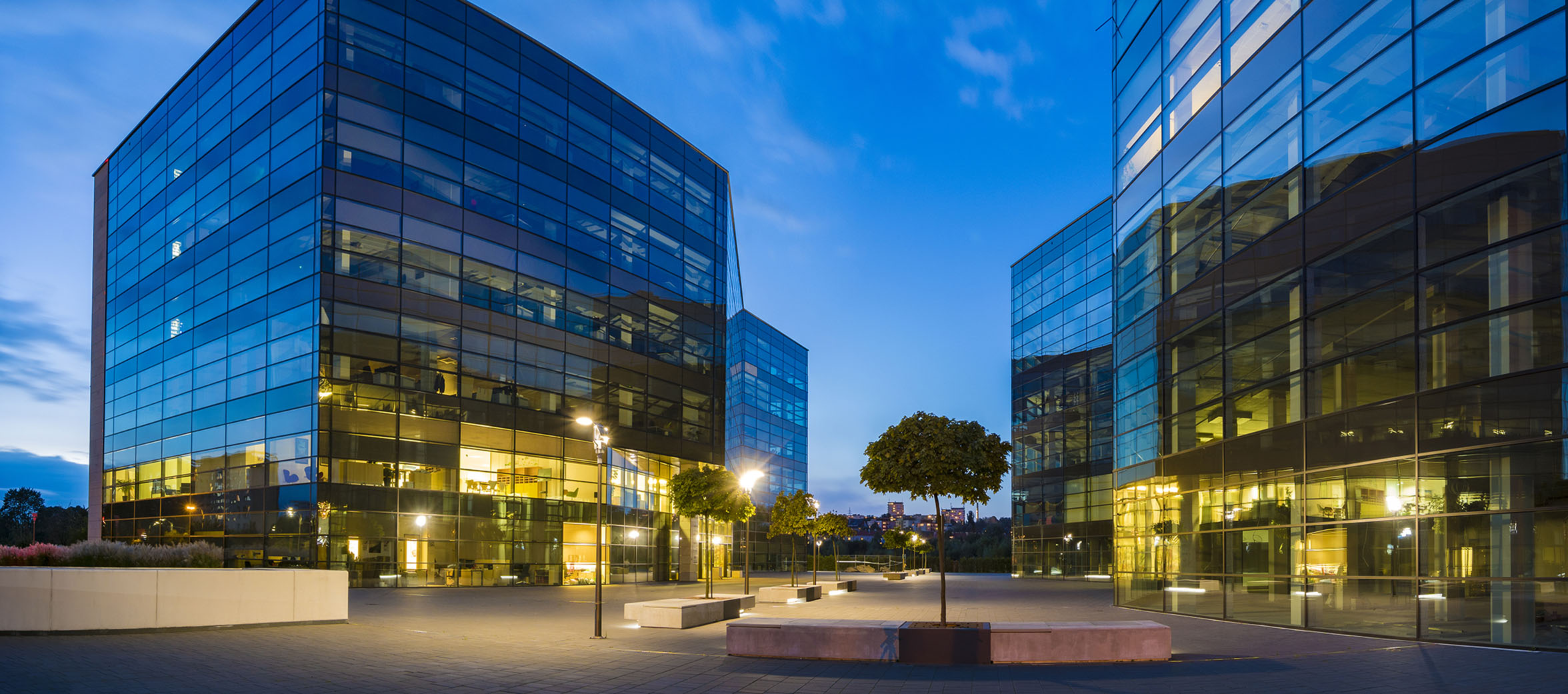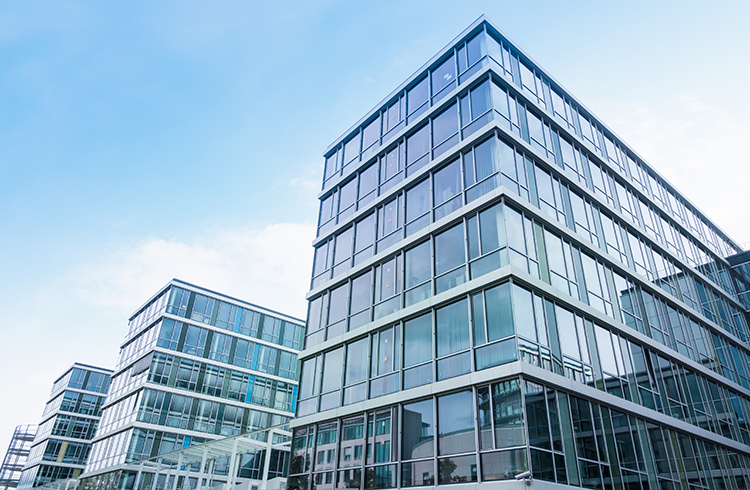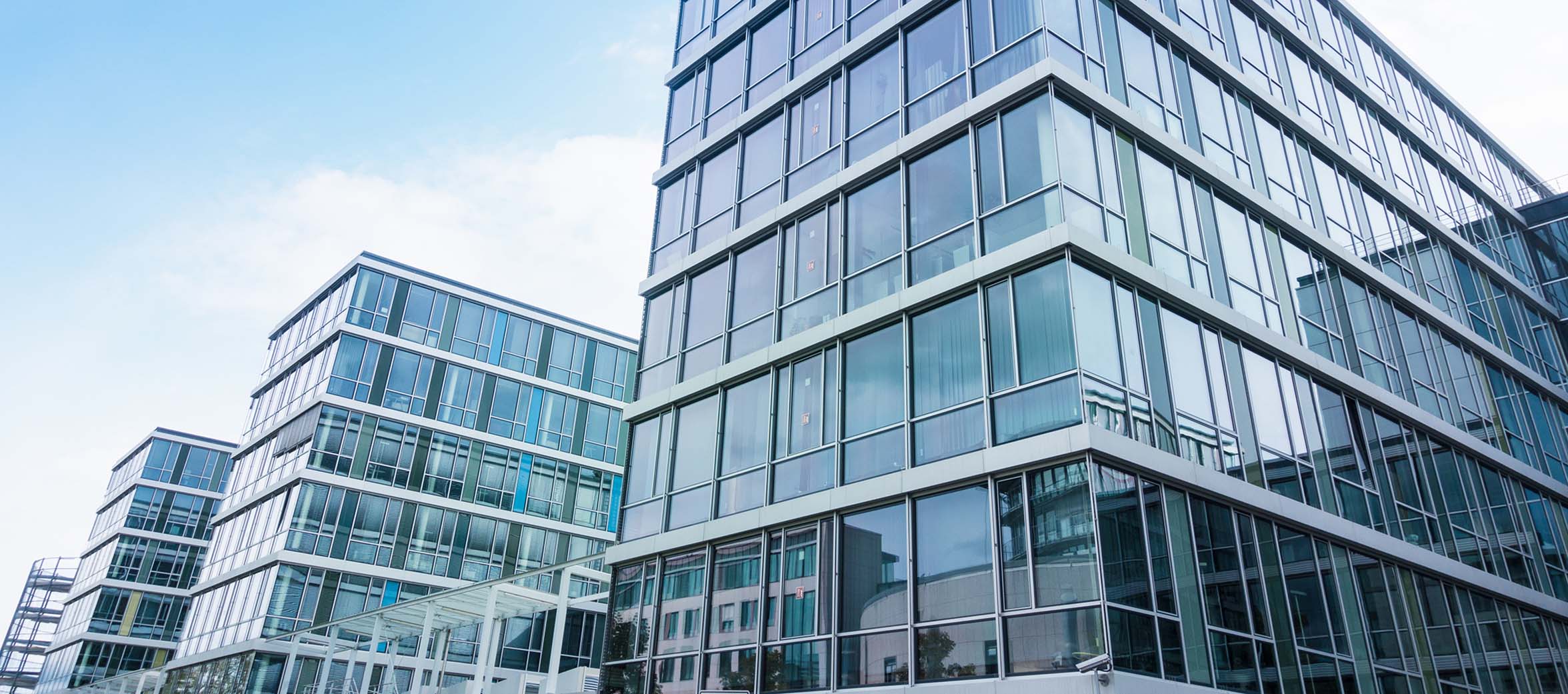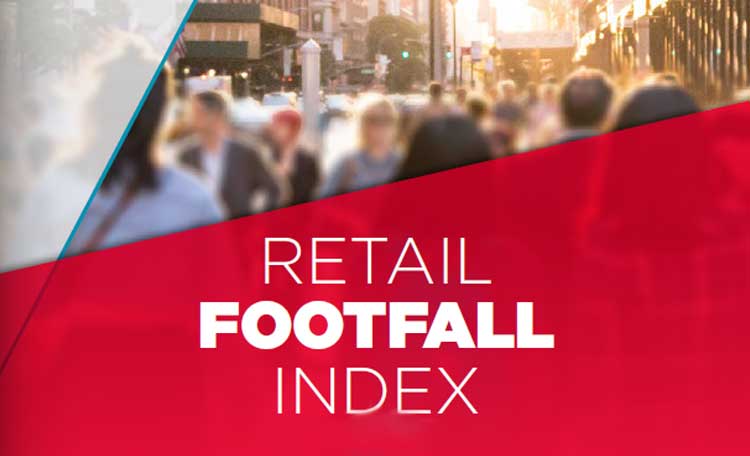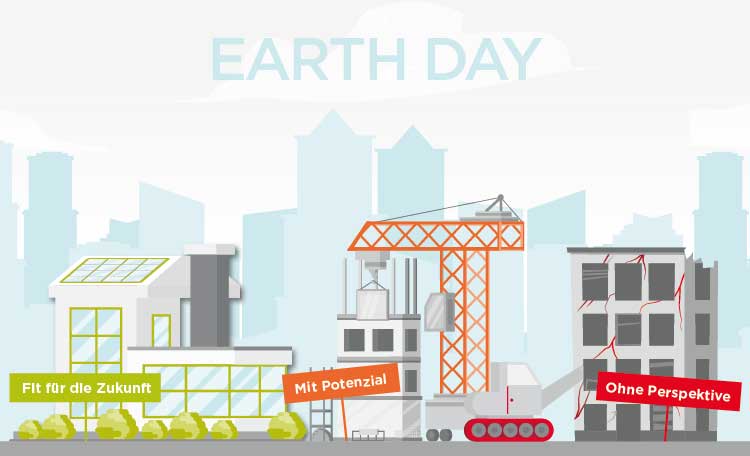Innovative, solid talent pool and low rents – are the B-cities displacing the Top-7? A short interview with Nicolas Heisig, Partner and Head of Office Agency National.
Diversity is ever more important. Including in the German office real estate market. Whereas in other countries everything is concentrated around one major city, here the focus is on several cities. And not just the traditional top-5 or top-7, but also cities such as Mannheim, Heidelberg, Hanover, Mainz, Leipzig and Nuremberg. And it is precisely these cities that have experienced a major upswing in recent years. The demand for prime space as well as the transaction volumes are constantly increasing further and, in addition to the lion's share comprising domestic investors, ever more international investors are also showing interest in these "B locations". Small and medium-sized properties in particular are also popular here.
What are the reasons for this trend? Has the pandemic with its associated trends towards suburban living and the like intensified this? What do the B-cities offer that the top locations do not? Which areas are in demand? Is there suitable space availability at all? And what are THE "future locations" in the B-cities that neither companies nor investors should miss out on in the coming years? Nicolas Heisig, Head of Office Agency National with a ten-strong team that advises occupiers and owners of properties outside the top-5 markets, provides the answers.
